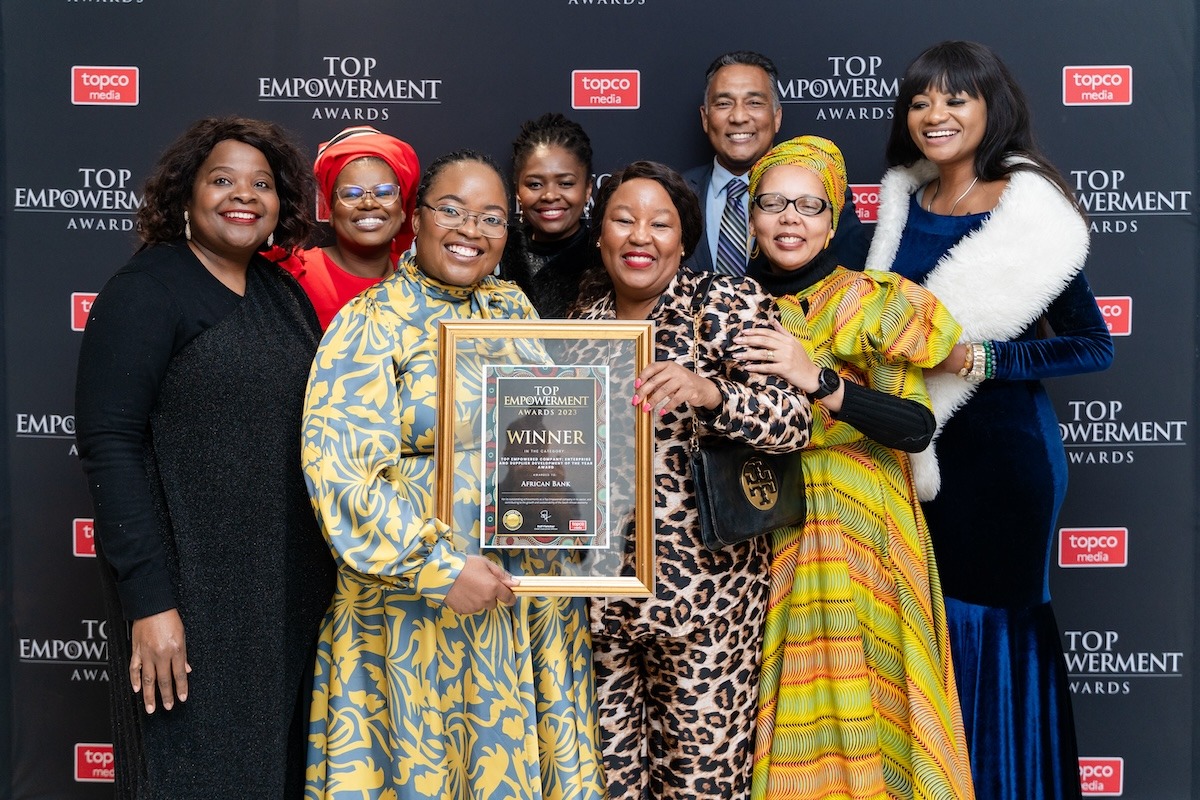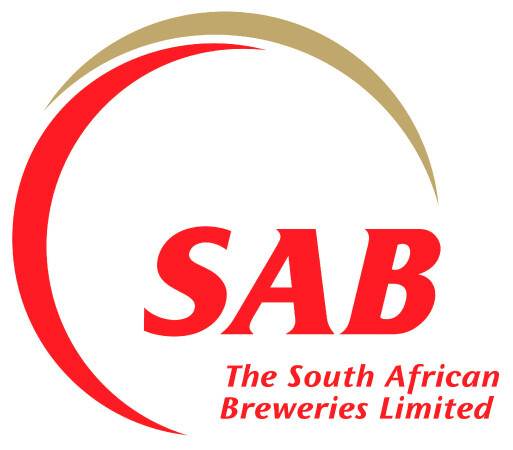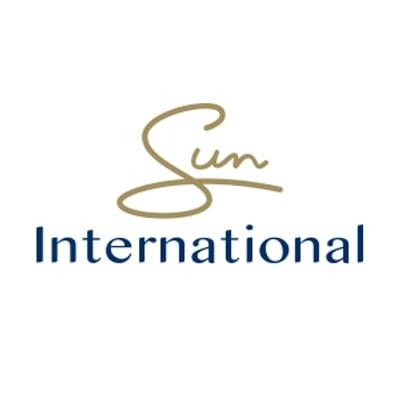Opening up access to supply chains: Top 5 ESD Leaders

By Koketso Mamabolo
In Chapter 3 of the National Development Plan (NDP), the government acknowledges how far we have come in transforming our economy, while recognising that more needs to be done to go even further:
“The corporate landscape of South Africa has changed remarkably since 1994. However, it remains highly concentrated. This poses a barrier to business entry and expansion in key markets, which are essential for employment creation. Present forms of black economic empowerment (BEE) are not achieving all the desired objectives.”
Enterprise Supplier Development (ESD) has emerged as an effective approach to achieving the vision set out in the NDP. Suppliers from previously-disadvantaged backgrounds are faced with an array of challenges when setting up businesses and attempting to enter the market. Supplier development initiatives seek to transform supply chains, by providing support through training, financing and preferential procurement.
With the 2024 Oliver Top Empowerment Awards just a week away we take a look at five finalists from last year’s awards in the Enterprise Supplier Development category who are leading the way with their ESD strategies, and delve into some of the programmes they have launched.
.jpg)
African Bank
African Bank’s efforts were recognised at the Top Empowerment Awards with the Enterprise and Supplier Development of the Year award for 2023. In 2022 they held their first ESD Summit, hosted in Tembisa for their mission to support SMMEs and include them in supply chains. The organisation’s Youth Focused Summit reached 1 600 attendees, both virtual and in-person,
Their 12-month ESD Capacity Building programme is focused on black-owned SMMEs, providing them with a range of skills, including technical and basic business skills, along with coaching and mentoring for entrepreneurs. African Bank has provided SMMEs a platform to “showcase their businesses and future growth plans,” with the top five receiving a cash prize in FY22 cohort. Potential candidates for the 2023 cohort were chosen from businesses involved in the two summits.
Another element to their ESD approach are their quarterly Market Days, which allow small businesses the opportunity to be directed towards business opportunities. “In the words of Dr Sam Motsuenyane, our founding chairman, African Bank was envisioned as a ‘trusted financial partner that would walk alongside our people and communities on the path to prosperity.’”

Rennies BCD Travel
The runner-up in the Enterprise and Supplier Development of the Year award was Rennies BCD Travel, who describe their transformation strategy as, “holistic with the aim to incorporate transformation throughout our business and at multiple touchpoints of our interaction with our clients.”
In 2013 they started the Rennies Travel Red Stamp Club, which consists of a local accommodation aggregator, a local shuttle aggregator, and a preferential procurement programme aimed at ICT services.
“Our initiative was driven by the need to regulate many of the processes within this accommodation sector and give back a sense of control to the corporate travel buyer and traveller,” says Rennies BCD Travel.
They believe the Red Stamp Club approach has achieved success for the access it provides to markets, its contribution to economic growth and its ability to allow its clients to “purchase with confidence”. Small black-owned businesses receive access to more than 400 corporations and 43% of Rennies BCD Travel’s procurement spend is directed to businesses which are black-owned or that have black equity.
“Since inception of the [Red Stamp Club Accommodation] programme we have secured more than 500 000 bed nights at member properties and generated in excess of R470-million in turnover for our members.”

South African Breweries
South African Breweries (SAB) was named as one of the finalists in the category, being recognised for the role they’ve played in empowering local farmers. SAB sources 95% of the ingredients they use from local 1 277 local farmers.
They’ve made a R200-million investment on ESD as part of their broader transformation strategy. In the past five years they’ve helped almost 1 000 farmers with 110 900 hours of business support for SMEs.
“We believe in the power of enterprise and supplier development to make a real difference in people’s lives. Our carefully chosen projects are designed to foster growth and promote the participation of black entrepreneurs and communities,” says Masa Nkgadima, Strategic Partnerships and Transformation Manager.
“Our supplier development programme is not just about financial support, it’s about providing a holistic approach to business growth. We work closely with small and medium-sized businesses in our supply chain, offering them access to growth, capital markets and crucial business support, and the results speak for themselves.”

Sun International
It’s no surprise that Sun International was named as a finalist. In 2022, they exceeded their own targets, investing R42.3-million in their supplier development programme (an over R10-million increase from 2021) assisting 129 beneficiaries, and R12-million in enterprise development, assisting 50 beneficiaries.
“Our supply chain helps create value across the group’s broad supplier base and supports the group’s vision of creating genuine value in the communities we operate in, by investing in local procurement opportunities,” says Sun International.
“In 2022, as part of further efforts to improve on sustainability within our supply chain, we entered into a sustainability-linked loan with lenders based upon three KPIs, one being spend [sic] on suppliers that are at least 30% black women-owned.”
Their focus areas for 2022 include an online proposal portal for small suppliers, “to bid for leverage spend items” and the implementation of a B-BBEE assist system geared towards optimising their B-BBEE spend.
.jpg)
Rhiza Babuyile
Another finalist in the Enterprise and Supplier Development category, Rhiza Babuyile stands out as a non-profit organisation who have made it their mission to uplift individuals and communities. “Through our entrepreneurship programme, we help black, youth and women-owned entrepreneurs to scale their existing businesses,” says Rhiza Babuyile.
What makes their initiative unique is how it involves not only networking but collaboration between the entrepreneurs in the programme who are “working closely together, developing innovative solutions, actively engaged, empowered, and motivated to enhance capabilities, increasing quality, efficiency, sharing knowledge, and leveraging each other’s strengths to drive mutual growth and success, mentoring and business coaching, networking opportunities, marketing, sales, finance, HR, governance, access to office space, supplier development and product development and funding among other components.”
In their incubation programme there are 220 SMEs. Three hundred SMEs are using their Business Hubs and 75 are in their accelerator programmes. In partnership with Afrika Tikkun and Township Fleva, their sister company, they’ve provided more than R140-million in what they describe as their mission to develop township economies and black-owned suppliers. Between 2021 and 2022 they reached 1 400 entrepreneurs, protecting 5 000 jobs.
Get your tickets to the Nedbank Top Empowerment Conference, 17 - 18 July, Maslow Hotel Sandton


.svg)











